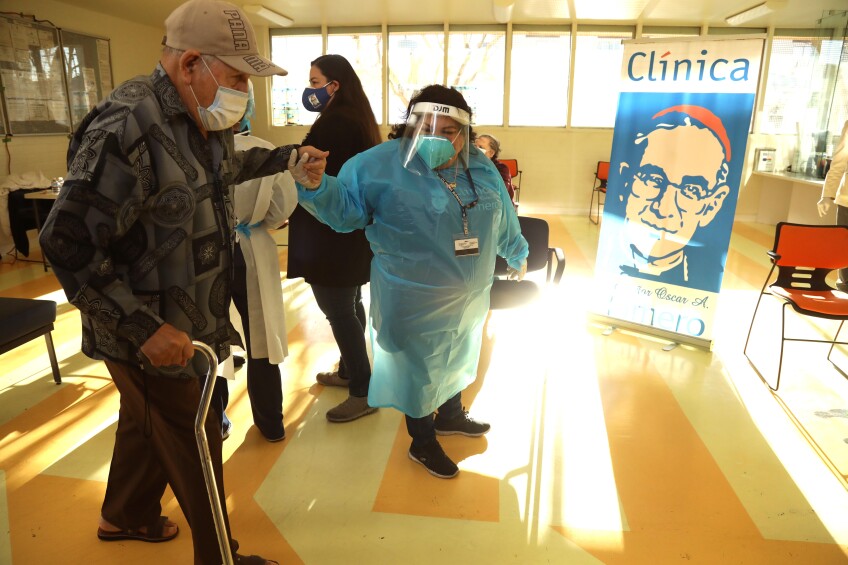Healing Trauma in L.A.'s Central American Community by Breaking the Silence

Los Angeles has the largest Central American population in the U.S., and the largest outside of Central America itself. It is a community notable for its distinct regional culture — pupusas outrival tacos in the densest Little Central Americas. And it is notable for its tenacity in the face of hardship.
It is a community of many survivors — having experienced not just one but several generations of violence in its homelands — much of it linked to U.S. policy, which is why so many Central Americans are here.
The Central American community was among the hardest hit by COVID-19 in Los Angeles, for obvious reasons: an overrepresentation among essential laborers, multigenerational families living together in crowded housing conditions and a lack of access to quality health care.

This was a tremendous blow to a community carrying the burden of transgenerational trauma. But Central Americans in L.A. have also learned how to take care of their own.
Among those on the front lines of the healing is Rossana Pérez, mental health advocate, poet, teacher and veteran community activist since arriving in this country in 1983 after surviving the worst of the civil war in El Salvador — imprisonment, the loss of loved ones and a forced migration to this country. (You can watch our interview with Pérez in the embedded player above.)
People have been very reluctant to talk about the past because it hurts.Rossana Pérez
Pérez studied philosophy at the University of El Salvador, as well as literature at Cal State Northridge and creative writing at Antioch University, attaining two master's degrees.
She was a co-founder of El Rescate, one of the first Central American solidarity and social service agencies of the Salvadoran civil war era, as well as of the Clínica Monseñor Oscar A. Romero, the first community-based, nonprofit health clinic to serve the predominantly Central American community of the Westlake-Pico Union area of Los Angeles.
She was also instrumental in the establishment of the first Central American Studies undergraduate degree program in the nation, at Cal State Northridge.
She currently works at the Children's Institute, a nonprofit that aids youth exposed to adversity and poverty, in Los Angeles.
"Excavating the Future" is hosted and written by Rubén Martínez and produced and directed by Marco Amador for Capital & Main in partnership with KCET.







